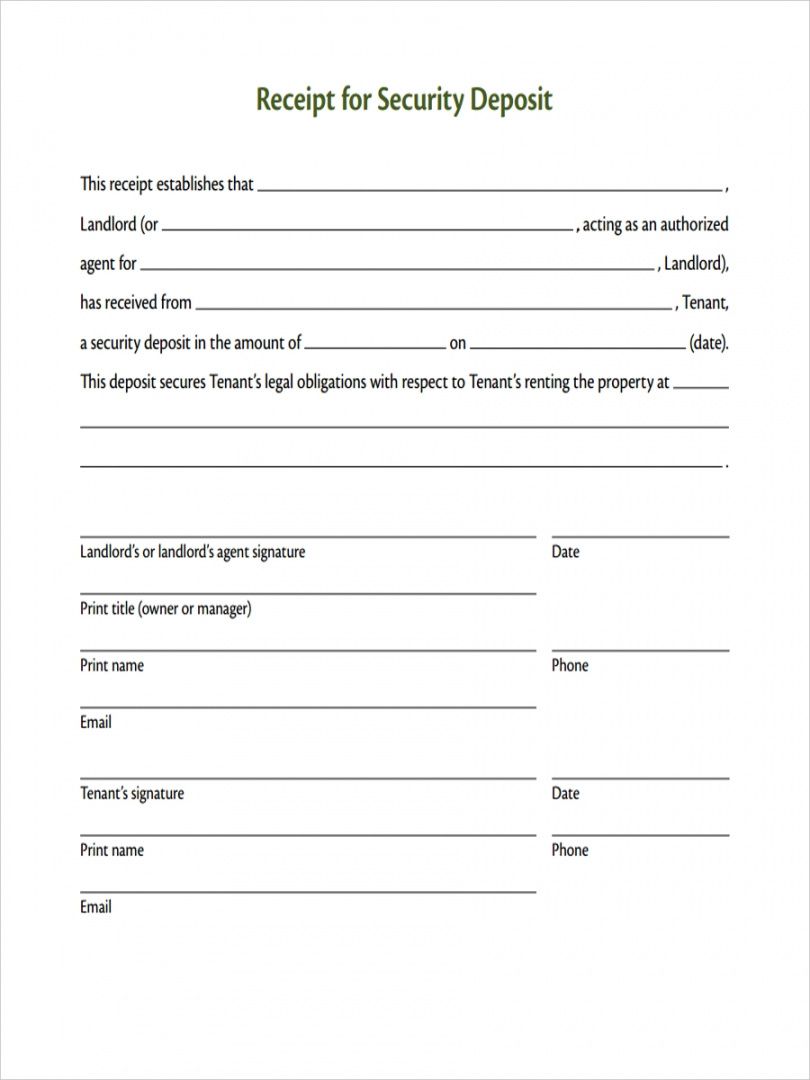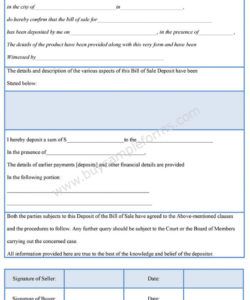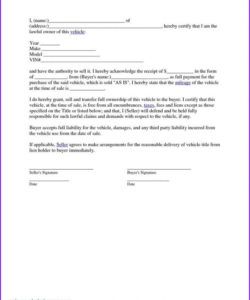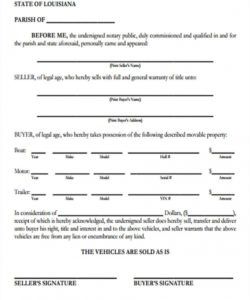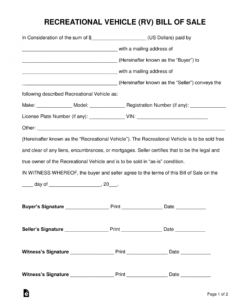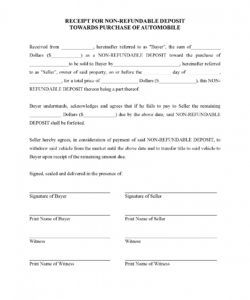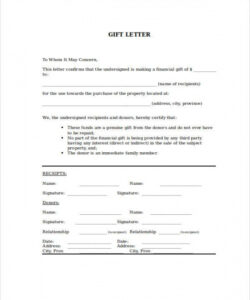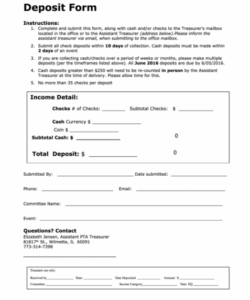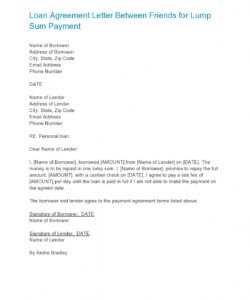Deposit form for bill of sale, A great deal of money management courses and experts admit that savings are a significant beginning point towards having a secondary income. Savings in this respect point to the money that is saved every time an individual gets any kind of money be it salary, gifts or tax refunds. The savings you create over a lengthy period of time or even a shorter one could prove to be as vital as having another flow of income. These savings consistently help you especially in fulfilling unexpected expenses and realizing potential objectives.
It is common to find people disinterested in lieu of Deposits or CDs. Most people don’t understand that there’re several investment options which fall between the range of savings account and stock market. Such choices often provide guaranteed returns on investment and also don’t require a large capital for investment. Certificates of Deposits are one of these investments. Certificates of deposit are savings deposit accounts of special type in which a promissory note is issued by the lender. Technically they are not investment balances, but still they provide interest rates greater than the normal savings account. It’ll be better to call these notes”timed deposits” which come with the restriction of not withdrawing the money before maturity. Interest earned is returned into the certification holder on maturity of CD. Interest may be compounded daily, monthly or annually based on the kind of CD that you choose.
A landlord has 28 days to register a deposit with either a custodial or insurance type strategy. Info regarding the registration of the deposit has to be supplied to the tenant. Under the Housing Act there is a prescribed format for information to be supplied. The landlord could be taken to court by the tenant in which the information has not been provided in the correct format. Tenants have the right to go back six years prior to taking action against the landlord.
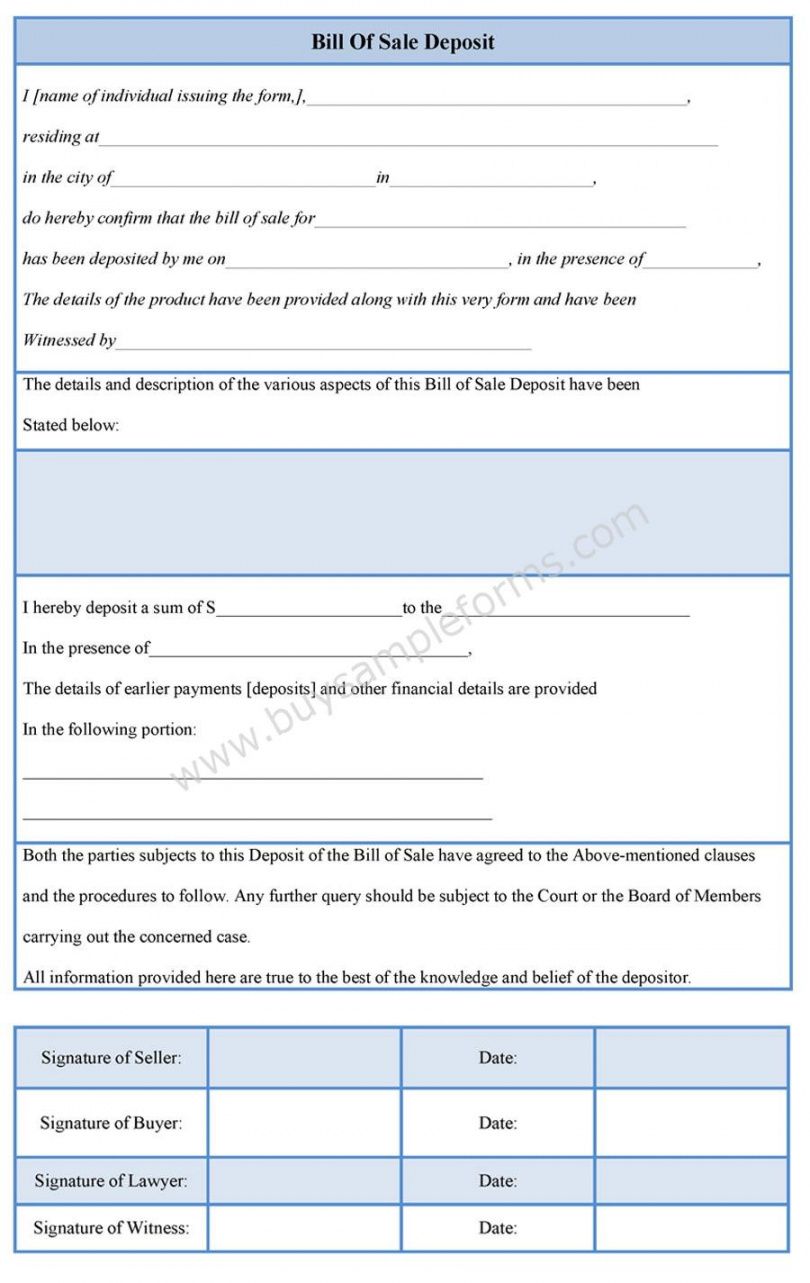
Every time a property is renewed that the insurance on the deposit must also be revived for example if the landlord has a six monthly Assured Shorthold Tenancy and composes a new tenancy agreement at the conclusion of the six months then the deposit must also be renewed. To save on expenses many landlords difficulty a tenancy for a fixed term period with a clause saying that the lien becomes a monthly contractual tenancy at the conclusion of the fixed term. By having one lien for the duration of the time a tenant is at the house the landlord need only pay 1 fee to protect the deposit.

